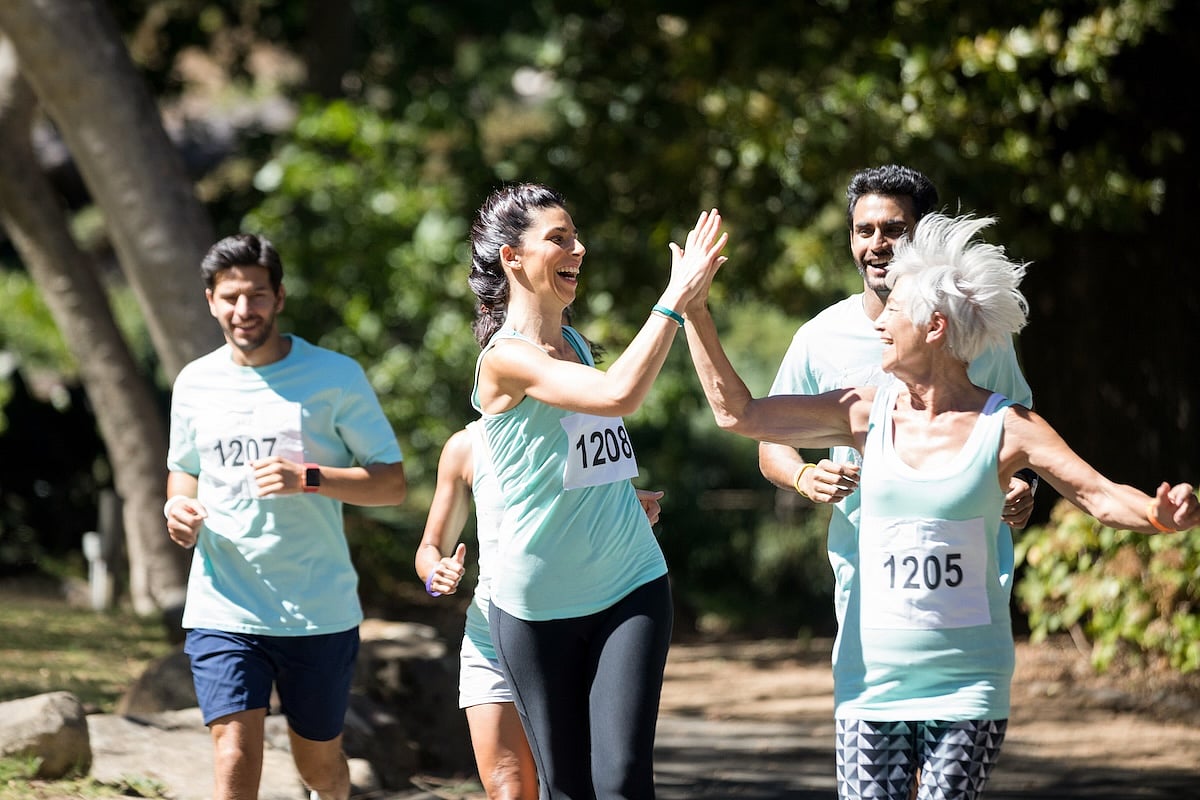
If you’re a regular runner, logging miles on little sleep might be doing more harm than you think. A new study found that runners who slept poorly were nearly twice as likely to get hurt. The study, published in the journal Applied Sciences, surveyed 425 recreational runners and tracked their sleep habits and injuries over… read on > read on >





















.jpeg)












-300x200.jpeg)